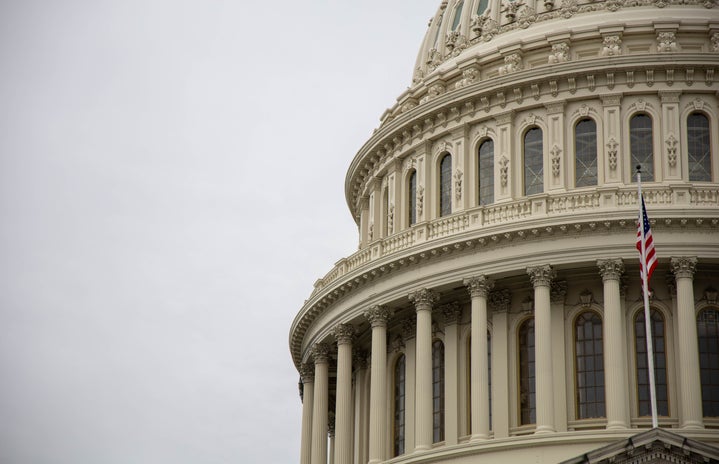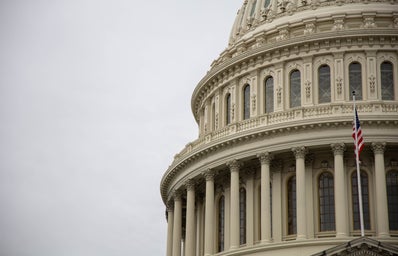Last Tuesday and Wednesday were filled with fear and anxiety for many Americans. The second election of Donald Trump was distressing, after months and months of following the presidential race. But while we were all focusing on the Presidential election, we missed some very positive things to come out of this election cycle. Whenever there’s a very newsworthy and polarizing race like there was this year, it’s easy to forget about the smaller wins that are still so important.
Lisa Blunt Rochester from Delaware, and Angela Alsobrooks from Maryland, will become the first two black women to serve in the U.S. Senate simultaneously. They’ll also be the first black senators from their respective states. Both senator elects are of the Democratic party. Rochester has been a congresswoman for the last seven years, where she sat on the Energy and Commerce Committee, which has “broad jurisdiction over health care, the environment, commerce and trade, energy policy, telecommunications, manufacturing, and consumer protection,” according to her website. Alsobrooks has multiple historic firsts under her belt as well, having been the first woman elected as the Prince George’s County State Attorney in 2010, and in 2018 being the first woman elected Prince George’s County Executive, and the first black woman elected as a county executive in Maryland’s history.
Democrat Sarah McBride from Delaware defeated John Whalen III, and became the first transgender woman elected to Congress. According to her official campaign website, McBride advocates for expanding Medicare and pushing for universal healthcare coverage. She also prioritizes advancing reproductive rights, a fight that will likely become more difficult under the Trump administration. In addition to her progressive views, McBride is only 34 years old, putting her on the younger side of Congress members, which is refreshing.
New Jersey elected Andy Kim as the first Korean-American senator. AP reported, “In a recent interview, he said that accomplishment would validate his parents’ decision 50 years ago to immigrate to the United States.” Among the issues Kim advocates for are environmental protection, advancing LGBTQ+ rights through the Equality Act, and expanding services for active military and veterans.
In addition to some long-awaited firsts in the federal government, seven states passed measures to protect abortion rights. Colorado, Maryland, Montana, Nevada, and New York voted to enshrine the right to an abortion in their state constitutions, while Arizona and Missouri voted to amend their state constitutions to expand previously restricted abortion rights. Measures to expand abortion rights were also on the ballot in Florida and South Dakota, but they were denied. Florida came very close to passing the measure, but unfortunately they needed to reach a 60% supermajority, and the affirmative votes only came out to 57.2%.
Last but not least on the list of positives to come out of this election, is the work young women did to advocate for what they believe in. Kamala Harris had primarily Gen-Z women running her social media platforms, turning Charli xcx’s “brat summer” into a political statement. Activist Hadley Duvall backed Harris, and bravely shared her experience with sexual abuse and abortion. Howard University-founded sorority Alpha Kappa Alpha openly supported Harris’s campaign. These examples are just the tip of the iceberg in terms of women’s engagement in the election. On the Vogue podcast The Run-Through, John F. Kennedy’s grandson, Jack Schlossberg (also an undeniably popular figure amongst liberal young women), noted, “I traveled to almost all of the swing states, tons of events, I met thousands of, frankly, young women, not many young men, but really so many young women so excited, so enthusiastic, so engaged.”
While it may be hard to find the light in a time like this, in order to keep pushing for what we believe in, it’s important to look at what can, and has been, accomplished. The 2024 election has been historic in many ways, good and bad, but the fight does not end here. We have four years to see the injustices in our government and call them out, to use our voices, and most importantly, to keep voting in local elections.


